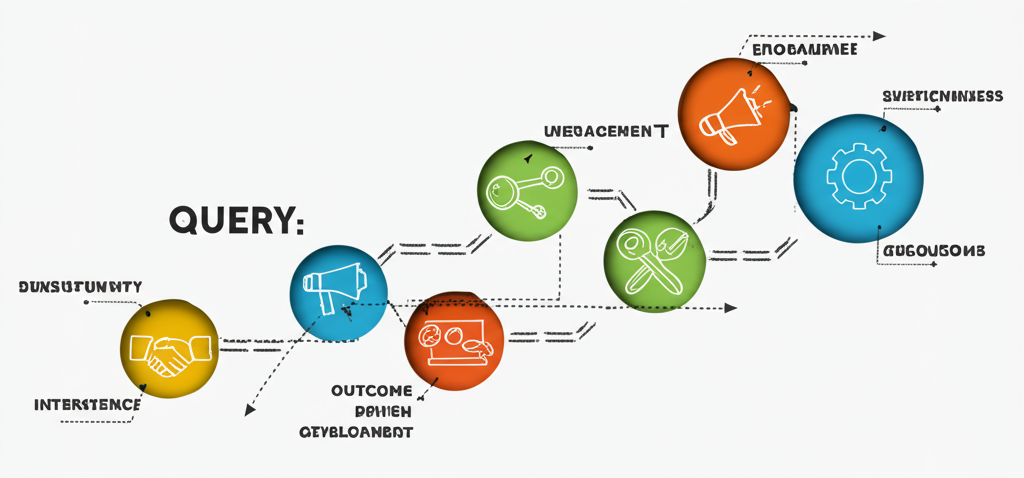In the rapidly evolving landscape of product development, staying ahead of trends and adapting strategies is crucial for success. As we look toward 2025, several key approaches are emerging that will shape how successful products are built and scaled.
The Rise of AI-Augmented Product Development
Artificial intelligence is no longer just a feature within products—it's becoming an integral part of how we build them. Product teams are increasingly leveraging AI to:
- Analyze user behavior patterns at scale to identify opportunities
- Generate and test hypotheses about feature performance
- Automate routine aspects of the product development cycle
- Personalize experiences based on individual user needs
This shift doesn't replace human product managers but rather augments their capabilities, allowing them to focus on more strategic aspects of product development while AI handles data-intensive tasks.
Outcome-Driven Development
The focus is shifting from outputs (features shipped) to outcomes (problems solved). This means:
- Defining success metrics before building features
- Creating tight feedback loops to measure impact
- Being willing to pivot or kill features that don't drive intended outcomes
- Organizing teams around outcomes rather than product areas
This approach ensures that product development efforts directly contribute to business goals and customer needs, rather than simply adding features for the sake of it.

Micro-Personalization at Scale
As data capabilities mature, the ability to create highly personalized experiences for individual users is becoming a key differentiator. Successful products in 2025 will:
- Leverage first-party data to understand individual preferences
- Use machine learning to predict user needs before they're expressed
- Create dynamic experiences that adapt in real-time
- Balance personalization with privacy concerns
The products that win will be those that make users feel understood without crossing the line into invasiveness.
Conclusion
As we move toward 2025, product strategy will continue to evolve, becoming more data-driven, outcome-focused, and personalized. The most successful product leaders will be those who can balance these technical capabilities with a deep understanding of human needs and ethical considerations.
By embracing these approaches now, product teams can position themselves for success in the coming years, building products that truly resonate with users and drive business growth.
